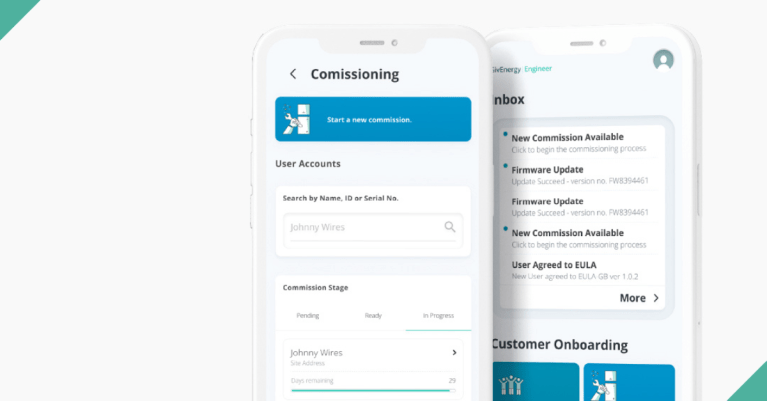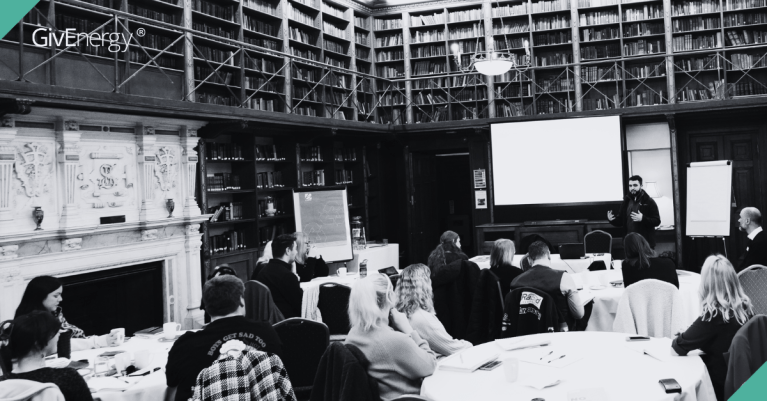An off grid home: for many, this may conjure up images of free living amidst the depths of nature, free from the hustle and bustle of modern life.
While it might sound like a dream for some, the reality is that an off grid home requires careful planning and consideration.
Here, we explain what an off grid home is, and answer some other common related questions.
We’ll also tell you what we think is a viable alternative to going off grid.
So, what is an off grid home?
There are many things to consider when it comes to off grid homes. Where does your water supply come from? How do you connect to the internet? Etc.
For the sake of brevity, let’s stick to one thing for now: energy supply.
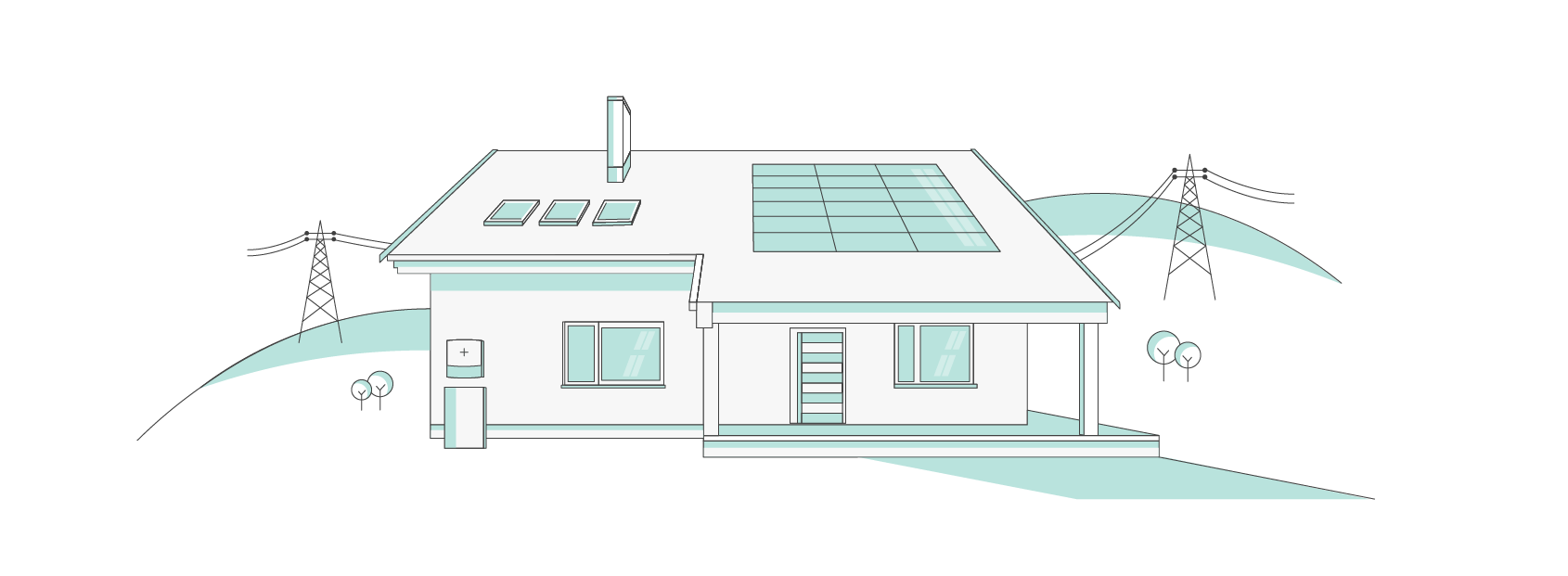
For most of us, our energy needs are dependent on the electricity and gas grids.
An off grid home refers to a property which runs its electricity and heating systems independently of the grids. (Assuming the property owner wants electricity and heating.)
Data from the 2021 Census suggests that 4.4 million households in Great Britain are off grid when it comes to gas.
The numbers for households off the electricity grid are less clear. One estimate puts the number in the whole of the UK at around 200,000.
The numbers of households connected to neither the gas nor electricity grids stands at around 150,000, according to off-grid.net.
How do you go off grid?
To disconnect from the grid, you can simply contact your energy supplier and ask to be disconnected.
Assuming you still want electricity and heating for your home, you’ll need to figure out alternative sources.
For electricity, you could consider the following:

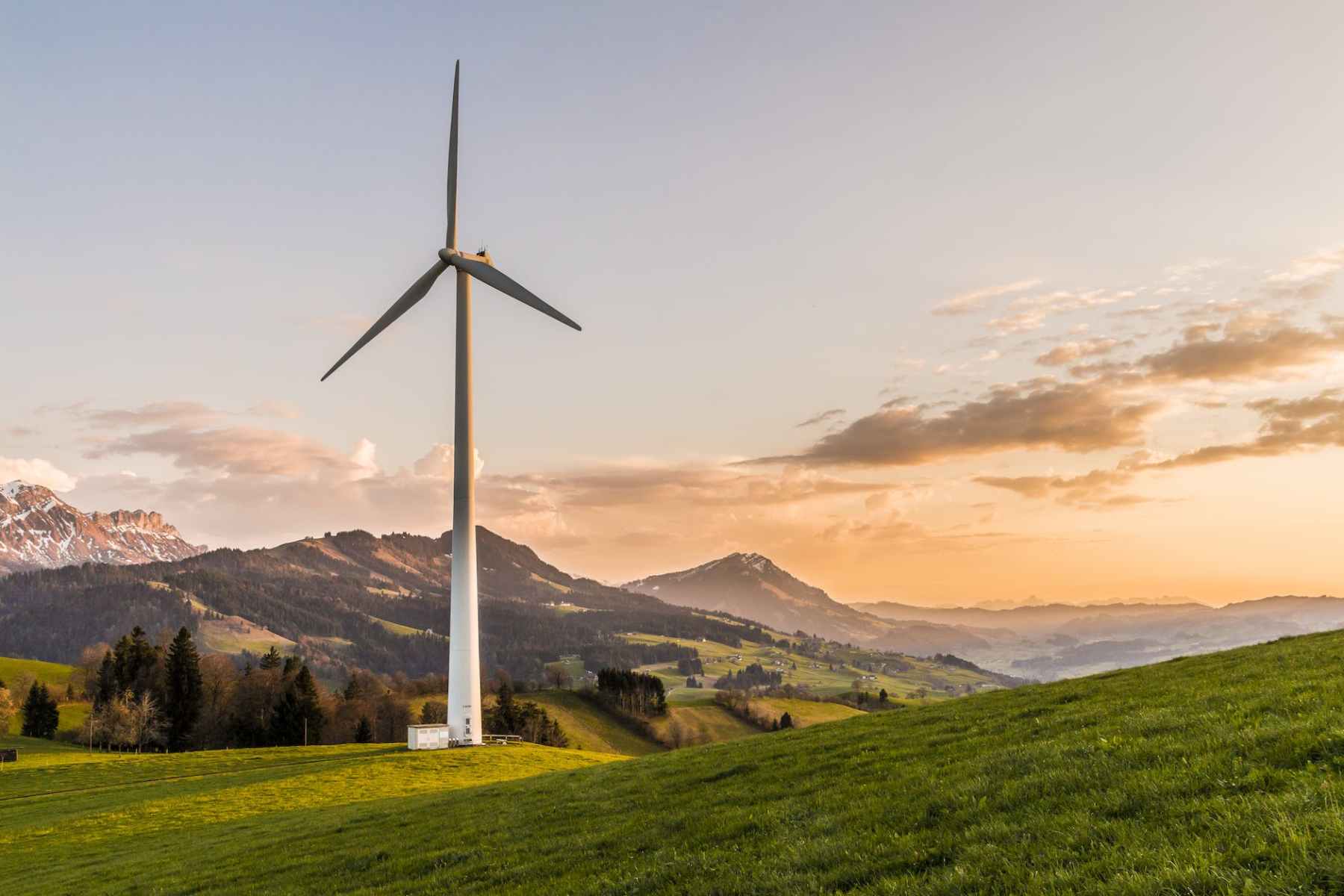
- Renewable technology – solar panels, a wind turbine for home, etc.
- Battery storage to store renewable energy generated
For heating, consider:
- A heat pump – air-source, ground-source, water-source, and hybrid are among the most common types (note that these need to be connected to your electricity supply)
- Solar thermal panels – allowing you to heat your home using solar power
- Biomass heating – a less common, but nonetheless feasible heating option
Is going off grid realistic for most of us?
No.
Here’s why.
Going off grid is expensive. The Eco Experts estimate the average cost to be £42,000.
That includes the cost of solar panels, a wind turbine, a home battery, etc.
Although going off grid will help you save on bills, your break even point will probably be 20+ years down the line.
And there’s something else to consider: the work required to go off grid.
This includes:
- Living off limited resources
- Internet connectivity issues
- Managing infrastructure (renewable technology, heat pumps, etc.)
- Seasonal variability and extreme weather (managing your heating supply in cold weather)
The list goes on.
If you have the financial means and enthusiasm for off grid life, it could be for you.
Otherwise, you might want to read below.
Off grid vs on grid: how do I get the best of both worlds?
Ringing up and disconnecting from the grid is not an option for most of us.
However, that doesn’t stop you from becoming more energy independent. In fact, increasing your energy independence and staying connected to the grid could be a better option.
Ways to be more energy independent include:
1. Installing renewable technology with a storage battery
For most people, this will be the practical and scalable option of solar panels. For others, this could be a wind turbine for home.
Energy you generate can then be stored in a home battery to use as and when you need it.
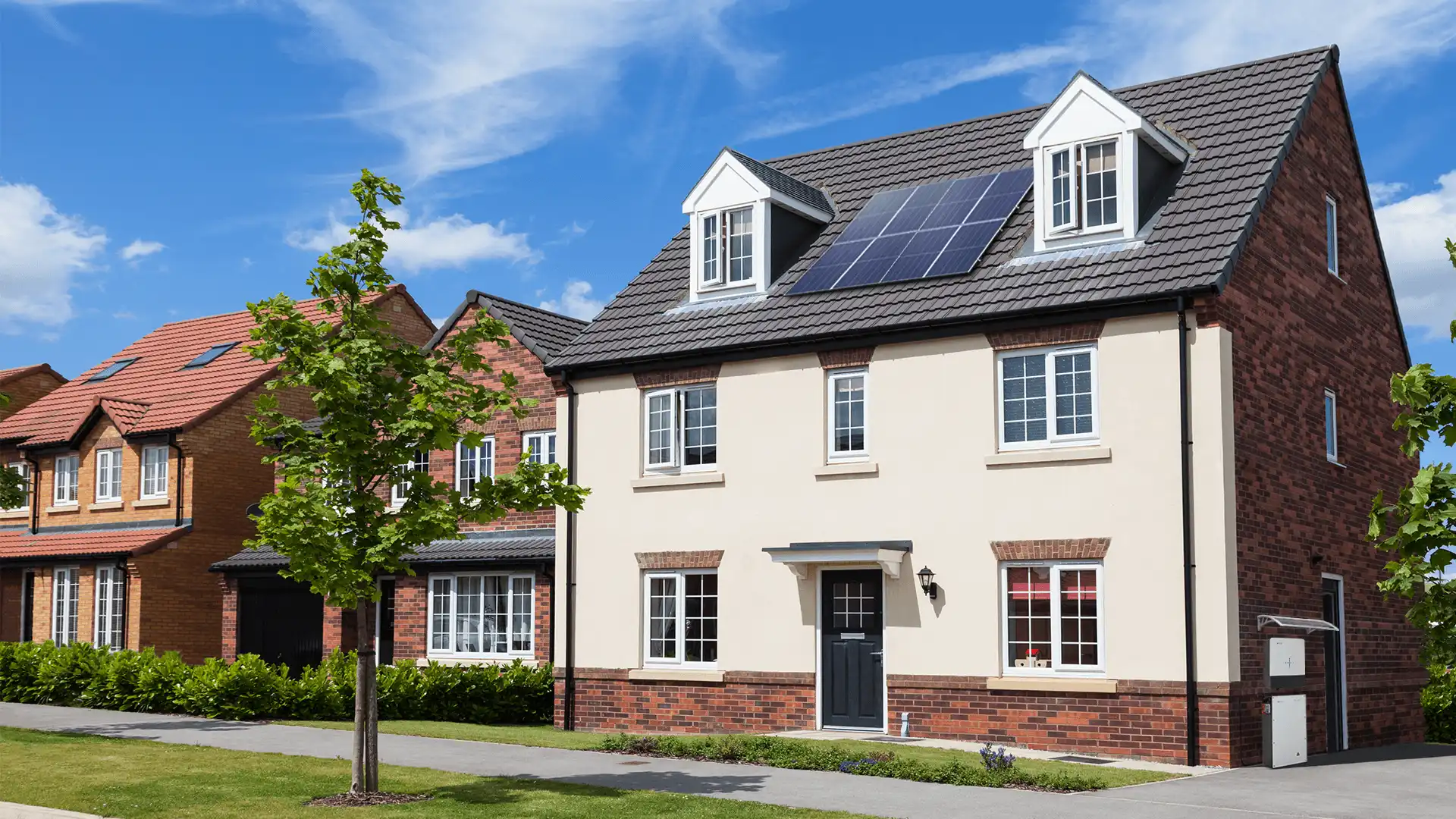
In this respect, you can generate off grid power but remain connected to the grid just in case you need it.
Moreover, through the government’s Smart Export Guarantee (SEG), you can get paid to export energy back to the grid. In other words, you can turn staying connected to the grid into a financial benefit.
2. Installing a standalone storage battery
Even without renewable technology, a standalone storage battery can make you more energy independent.
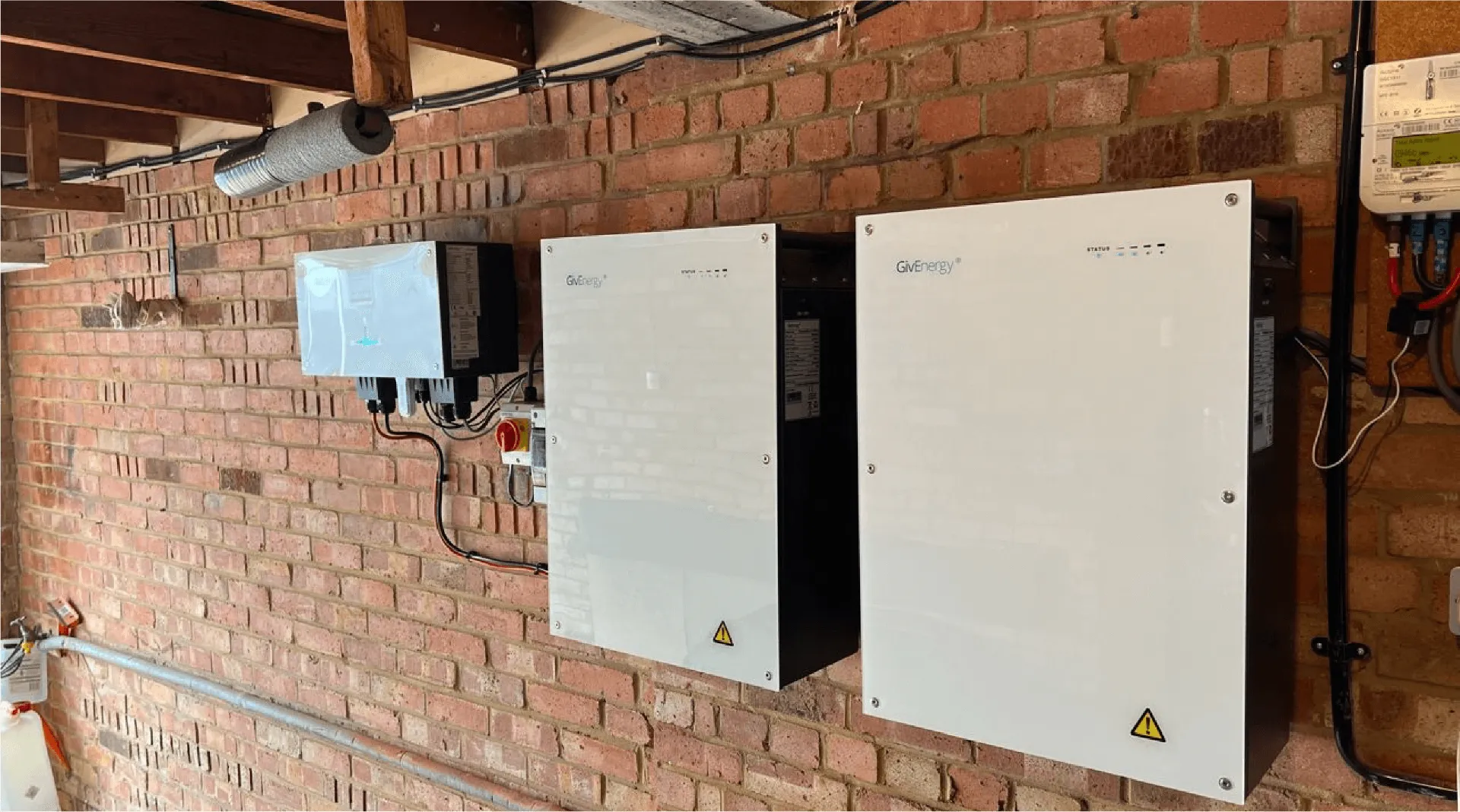
This works especially well if you’re on a smart tariff.
Charge your battery during cheaper off-peak hours. Discharge during more expensive peak hours.
You can think of it like this. You’re on grid when energy is cheaper, but off grid when energy is more expensive.
Join the (kind of) off grid revolution
Make no mistake. An off grid home is the right choice for some.
But when you consider the costs, challenges, and other factors, it’s probably not for most of us.
Becoming more energy independent is, let’s face it, a more realistic option.
Through renewable technology and battery storage, or just standalone battery storage, you can minimise your dependence on the grid… but stay connected in case you need it.
Start your (kind of) off grid journey today. Find an approved GivEnergy installer.


